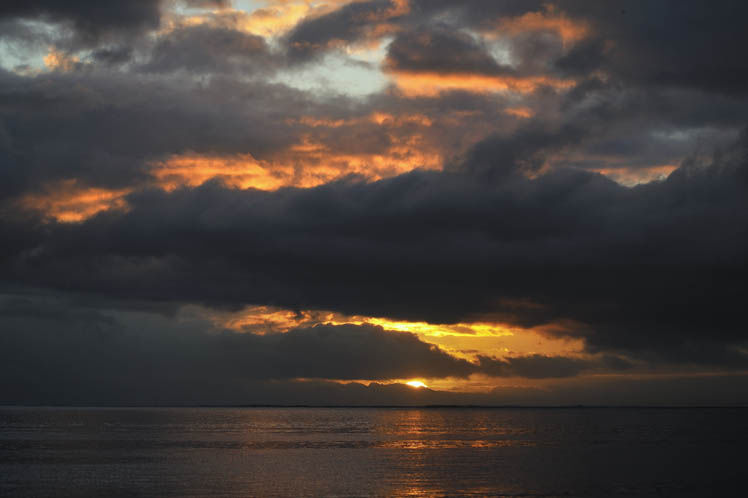For data collection and acquisition, Ifremer must take into account the International Convention on the Law of the Sea (Montego Bay, 1982) ratified by France, and which creates maritime zones and makes a distinction concerning the jurisdictions to which they are subject
- territorial waters (extending 12 nautical miles from the baseline), where the bordering State exercises its sovereignty both in economic matters (exploitation of resources) and in police matters (security, customs, navigation, safety and protection of the environment);
- the contiguous zone (extending to 24 nautical miles from the baseline) where the bordering State may exercise control.
- the exclusive economic zone (extending to 200 nautical miles from the baseline) where the coastal State has exploration and exploitation rights covering resources and jurisdiction concerning marine scientific research and protection of the environment;
- the continental shelf of a coastal State (extending to the external rim of the continental margin, or failing this, to 200 nautical miles from the baseline, and limited to 360 nautical miles from the baseline, where the coastal State has the same prerogatives as in the exclusive economic zone;
- the maritime zones not subject to national jurisdiction, proclaimed as the "common heritage of mankind". This essentially concerns the high seas. In particular, it includes, for States, whether coastal or not, freedom of scientific research, with several exceptions, notably concerning permits for mineral exploration in the deep sea.
More information on "France Diplomatie" website.

©Ifremer
In terms of rights to acquire and disseminate data, the practical consequences, at IFREMER, of the International Convention on the Law of the Sea are the following:
- scientific observations cannot be carried out and disseminated on the continental shelf of a coastal State or in the exclusive economic zone, the contiguous zone or the territorial waters without its explicit consent. This consent is necessary in all domains relative to natural resources: fishing, nature of the seabed and below the seabed. Exceptions exist for meteorology and the physics of the water column (conventions of the World Meteorological Organization, conventions of the Intergovernmental Oceanographic Commission: the programmes WOCE, Argo and IODE), domains for which data can be disseminated, referring to the conventions cited;
- the policy on data dissemination can be freely chosen for the high seas, taking into account existing intellectual property rights.
Lastly, it is reiterated that article 76 of this Convention on the Law of the Sea enables coastal states to request the extension of the continental shelf beyond 200 nautical miles from the baseline as far as 350 nautical miles. Extension applications must be validated by the UN Commission on the Limits of the Continental Shelf.
For France, these requests have contributed to the completion of the programme known as EXTRAPLAC (EXTension RAisonnée du PLAteau Continental) (reasoned extension of the continental shelf).
